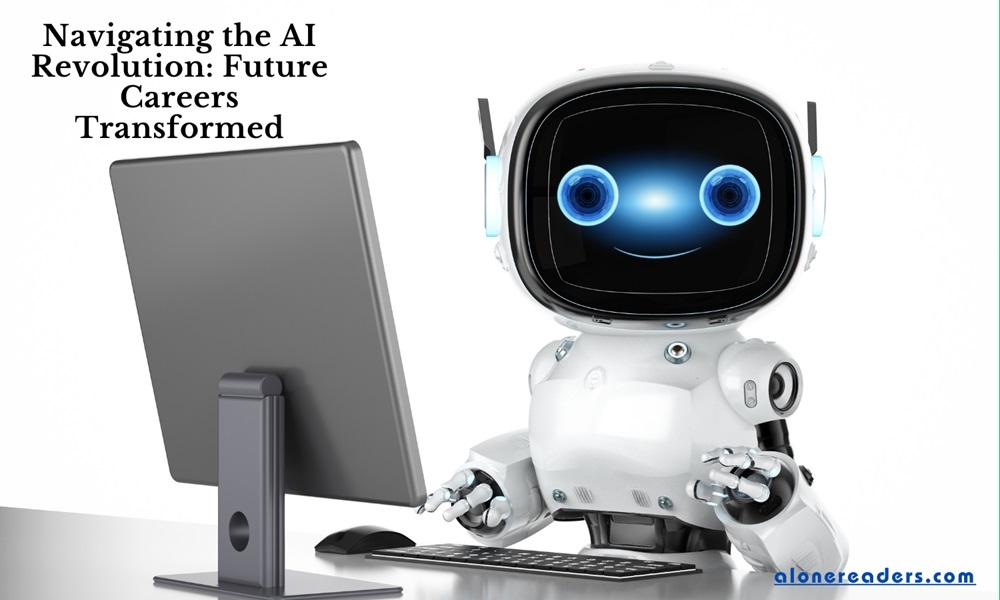
The advent of artificial intelligence (AI) has ushered in a new era of innovation and change, particularly in the job market. As AI technology continues to evolve, its impact on future careers is profound and far-reaching. This article delves into how AI is reshaping the career landscape, offering both opportunities and challenges for the workforce of tomorrow.
Emerging Opportunities
AI's rapid advancement brings with it a wealth of new career possibilities. Fields such as data analysis, AI ethics, and machine learning are expanding, creating roles that didn't exist a decade ago. These emerging jobs require a unique set of skills, emphasizing the importance of adaptability and lifelong learning in the AI era.
Potential Job Displacement
While AI opens new doors, it also poses the risk of job displacement. Automation and AI systems can perform certain tasks more efficiently than humans, leading to a shift in the job market. Understanding and preparing for these changes is crucial for current and future professionals.
Technical Proficiency
In an AI-dominated landscape, technical skills such as coding, data analytics, and machine learning will be invaluable. These skills not only allow for direct interaction with AI technologies but also enable professionals to understand and leverage these tools effectively.
Soft Skills and Adaptability
AI cannot replicate human creativity, empathy, and critical thinking. These soft skills become increasingly important, providing a competitive edge in the AI job market. Additionally, the ability to adapt and learn new skills will be essential in navigating the evolving career landscape.
The integration of AI into educational systems is key to preparing the future workforce. Tailored learning experiences, powered by AI, can provide personalized education, equipping students with the skills needed in an AI-driven world. Furthermore, continuous professional development and retraining programs are vital for current workers to stay relevant.
As AI becomes more prevalent, the need for ethical guidelines and governance in AI deployment increases. Careers in AI ethics and regulation will become more prominent, focusing on ensuring responsible and equitable use of AI technologies.
Healthcare Transformation
AI's impact on healthcare is significant, with roles in robotic surgery, medical diagnostics, and personalized medicine expanding. These advancements require a new breed of healthcare professionals who are adept at integrating AI with patient care.
Finance and AI
In finance, AI is revolutionizing how we manage and analyze financial data. Careers in financial analysis, risk management, and algorithmic trading are evolving, requiring a blend of financial acumen and AI knowledge.
AI in Creative Industries
Even creative industries are not immune to AI's influence. AI-generated content, digital design, and interactive media present new career paths that blend artistic talent with technical AI skills.
The AI revolution is not limited to developed countries. In developing economies, AI presents both challenges and opportunities for job creation and economic growth. Understanding and harnessing this potential is crucial for global development.
The impact of AI on future careers is a complex and multifaceted issue. It requires a proactive approach to education, skill development, and ethical considerations. By embracing these challenges and opportunities, professionals can thrive in the AI-transformed job market of the future.